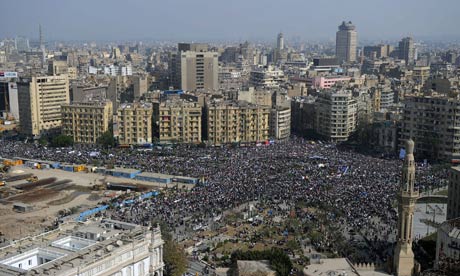By R. Renee Yaworsky
Impunity Watch Reporter, South America
CARACAS, Venezuela—After spending a year behind bars, a Venezuelan judge has been granted house arrest by a Venezuelan court. The judge’s imprisonment and sentence have been harshly criticized by human rights defenders, who consider her a political prisoner. She has only been released from prison now because she has cancer and needs treatment. Originally, President Hugo Chavez had called for the judge to serve the maximum sentence of 30 years in prison.
Maria Lourdes Afiuni, the judge, was imprisoned back in December of 2009 and faced charges stemming from her decision to free a banker who later jumped bail and absconded to the United States. The banker, Eligio Cedeno, had been accused of breaking currency controls. Afiuni was charged with abusing her authority.
Jose Amalio Graterol, Afiuni’s attorney, commented on the court’s decision last week to transition the judge from imprisonment to house arrest. Graterol expressed his opinion that the change is a step in the right direction because he intends to prove that Afiuni is not guilty of any crime. Graterol told Globovision, a television station in Venezuela with a reputation for opposing President Chavez, that Afiuni is being given house arrest so she can receive a hysterectomy and recover from surgery. “They realized they were carrying out a death sentence against her,” the attorney said, referring to the judge’s poor health.
Human rights groups have said that the judge’s case sheds light on problems regarding the independence of Venezuela’s judiciary. The Government, however, argues that her detention is the result of suspicions concerning Cedeno (the fleeing banker).
Afiuni has defended herself by stating that she acted lawfully by releasing Cedeno because he had been imprisoned for three years without a trial, which exceeds the legal limit. Opponents of President Chavez regard Afiuni as a political prisoner and count her case as just one of several where the Government has overruled sound judicial procedure.
For more information, please see:
Today Online-Venezuelan court grants jailed judge house arrest-3 February 2011
BBC-Venezuela judge Maria Afiuni moved to house arrest-2 February 2011
El Universal-Attorney General officially requests house arrest for Judge Afiuni-2 February 2011


